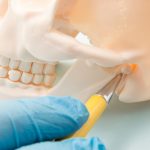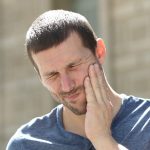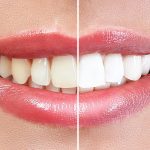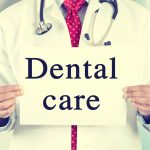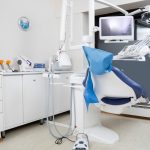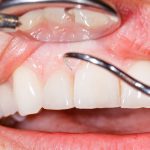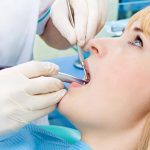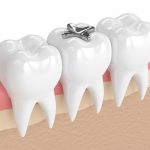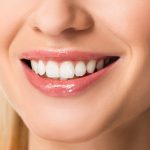TMJ disorder symptoms and tips for pain relief

The temporomandibular joints, or TMJs, are located on each side of the head and help move the jaw in many different directions while we eat, speak, laugh, and perform other daily activities. These joints are susceptible to inflammation, thus causing pain, particularly in patients with teeth or jaw misalignment issues and in people who clench and grind their teeth. Below, Dr. Titania Tong, a dentist in Central, Hong Kong, explains common symptoms of TMJ disorder and tips for getting relief from your pain.
Symptoms of TMJ disorder
TMJ disorder can have a variety of symptoms, including:
- Clicking, popping, or grinding in the jaw
- Pain and discomfort when chewing
- Inability to open or close the mouth (“locked” jaw)
- The sensation that your bite is off
- Headaches
- Neck pain
- Ear pain
- Uneven wear and tear on the teeth
Each patient is unique, and TMJ disorder symptoms vary from person to person. So, it is essential to work with a dentist who is experienced in evaluating TMJ disorders to determine the cause of your symptoms.
Tips for TMJ pain relief
Because symptoms can occur due to various underlying reasons, it is essential to work with your dentist, who can tailor your treatment to your specific needs for long-lasting pain relief. In many cases, a few simple lifestyle changes can help reduce your symptoms:
- Gently massage the muscles in the area to relieve tension and improve blood flow to the area.
- Avoid chewing on gum and other foods that are extremely chewy or hard to bite.
- If you suspect that you clench and grind your teeth, use a mouthguard designed for bruxism while you sleep to reduce the stress placed on your joints.
- At-home exercises targeting the muscles surrounding the TMJs can help stretch and strengthen them to relieve symptoms.
- Relaxation exercises such as deep breathing and meditation can help relieve stress and ease tension in the area.
Patients experiencing TMJ pain due to structural issues, such as misalignment or damage to the joints, may need more intensive therapies to achieve long-term relief.
If you are experiencing TMJ pain, call your dentist today at 852-2810-1801 to learn about the treatment options available to you!



